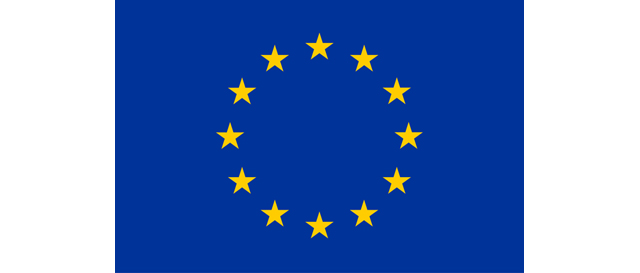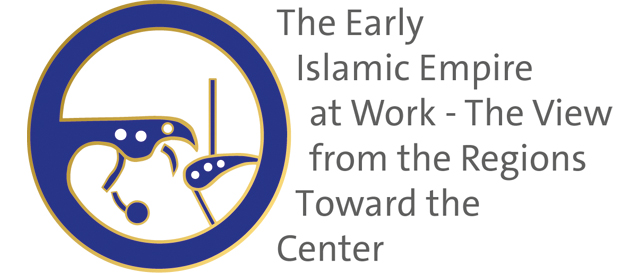Regional and Transregional Elites – Connecting the Early Islamic Empire, Oct. 7-8, 2016, AS-Saal, ESA 1, Universität Hamburg
The conference aimed at examining the roles that regional and transregional elites played in governing the vast early Islamic Empire (7th-10th century CE). The regional elites and their participation in governance and administration are essential for understanding the intricate workings of the early Islamic Empire, offering their loyalty or showing their dissatisfaction.
Similarly, the study of transregional elites, who projected imperial power but sought also to negotiate regional interests at the caliphal court, promises key insights into how the caliphal administration controlled and integrated diverse regions and populations whilst securing the interests of the empire at large.
The conference followed a workshop format, with a focus on discussion. Among the speakers were Cyrille Aillet, Fanny Bessard, Amikam Elad, Matthew Gordon, Hugh Kennedy, Yacoov Lev, Petra Sijpesteijn, Luke Treadwell and Alison Vacca.
[ PROGRAM ]
The conference addressed a number of core issues about regional and transregional elites: who were the various elites in a region? How did these regional elites interact with the empire and change in the course of interaction? What mechanisms and strategies did they develop? How and through which agents did they influence imperial decisions? How were transregional elites influenced by their interaction with regional elites, eventually becoming entrenched in the regions? How did they balance their relationships with regional elites, on the one hand, and central caliphal authorities on the other? Where and how were transregional elites recruited? Was the shift from one imperial elite (Arab, Khurāsānian, Central Asian, etc.) to another a sign of failure; or were some elites better at reproducing themselves as elites? What existing networks and emerging institutions helped them to connect the empire and its diverse regions (tribal affiliations, family policies, mawālī, strategic appointments, etc.)?
The conference was organized around three key themes:
1. Conceptualization of regional and transregional elites from a comparative perspective.
Definitions of elites, their origins, and their evolving identities
2. Transregional and imperial elites
Recruitment, function, networks, and reproduction of imperial elites (Arabs, Khurāsānians, Central Asians, and others)
3. Regional elites
Converted regional elites and non-Muslim elites and their interactions with the empire in
- North Africa and Egypt,
- the Arab Peninsula, Syria, the Jazīra, and Iraq,
- and Iran and Greater Khurāsān



